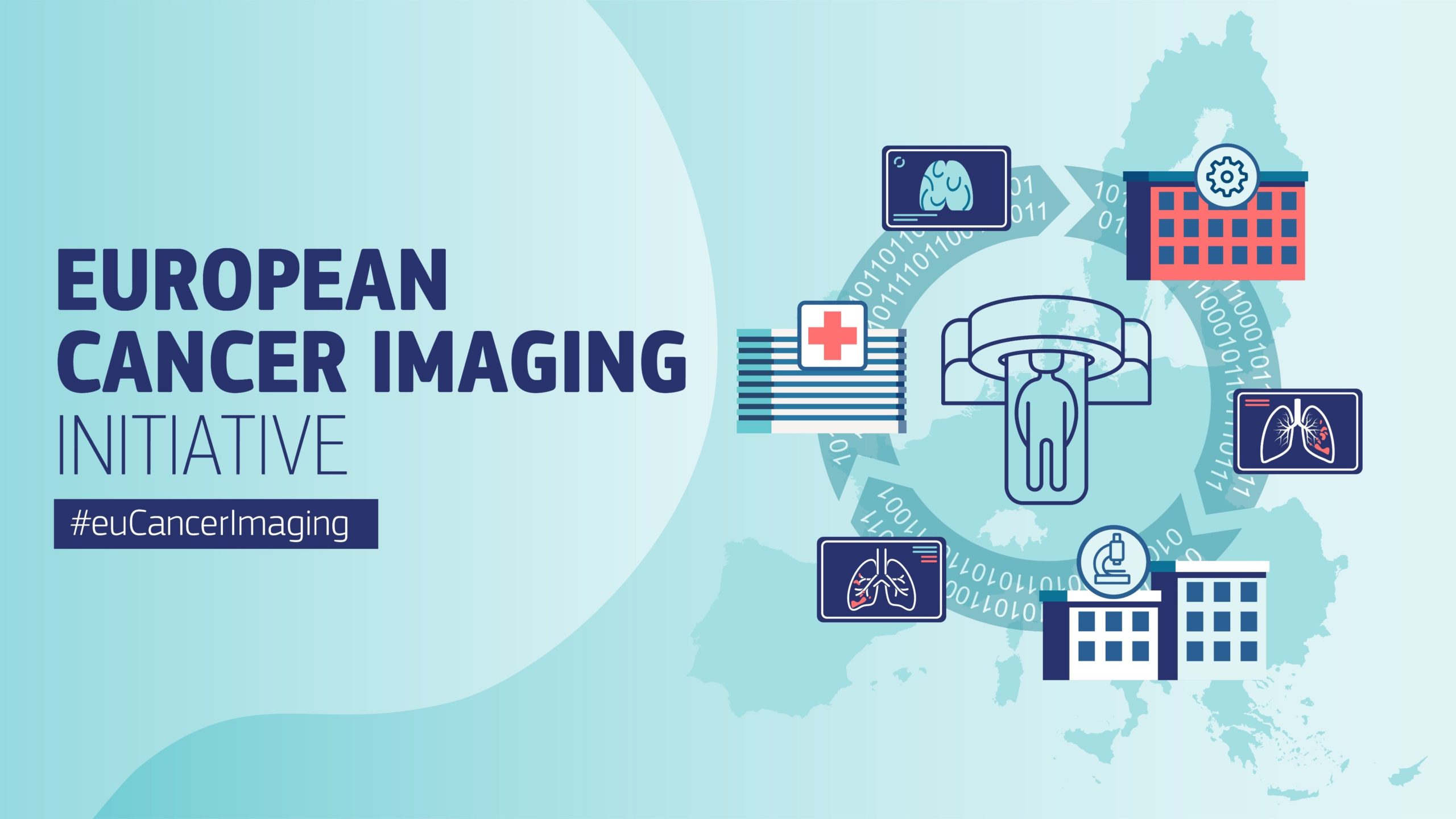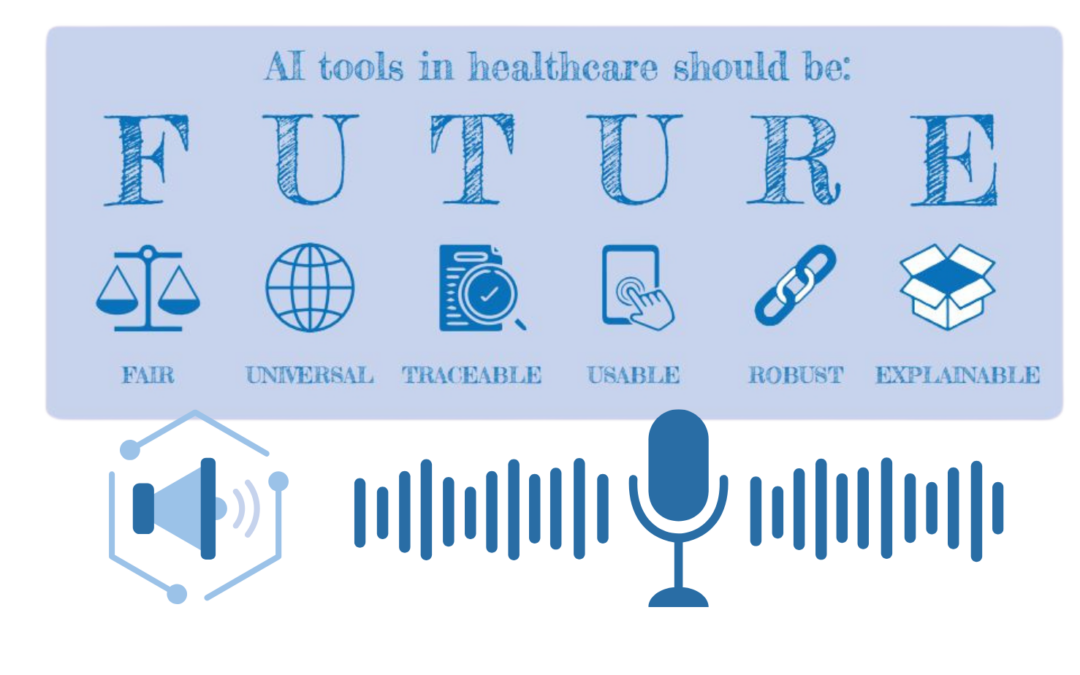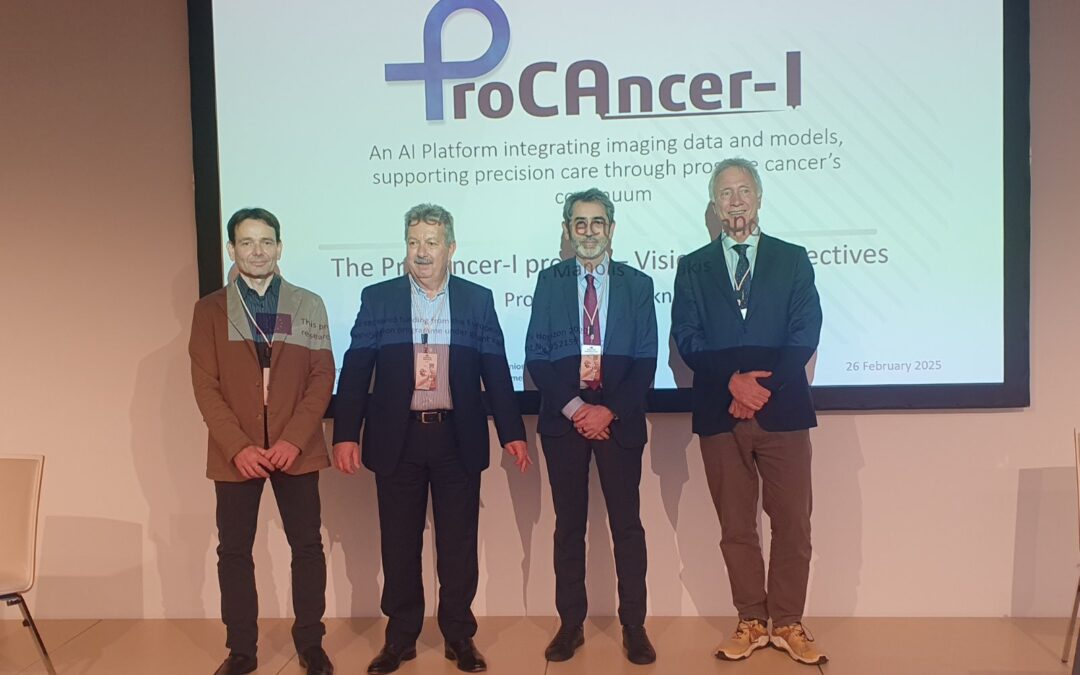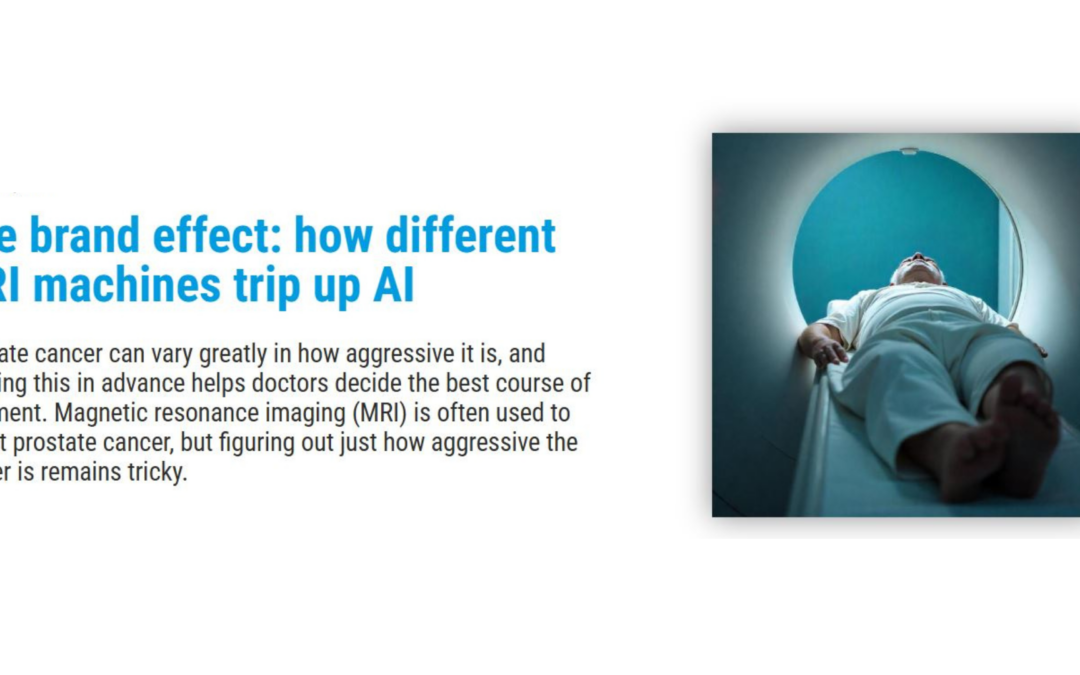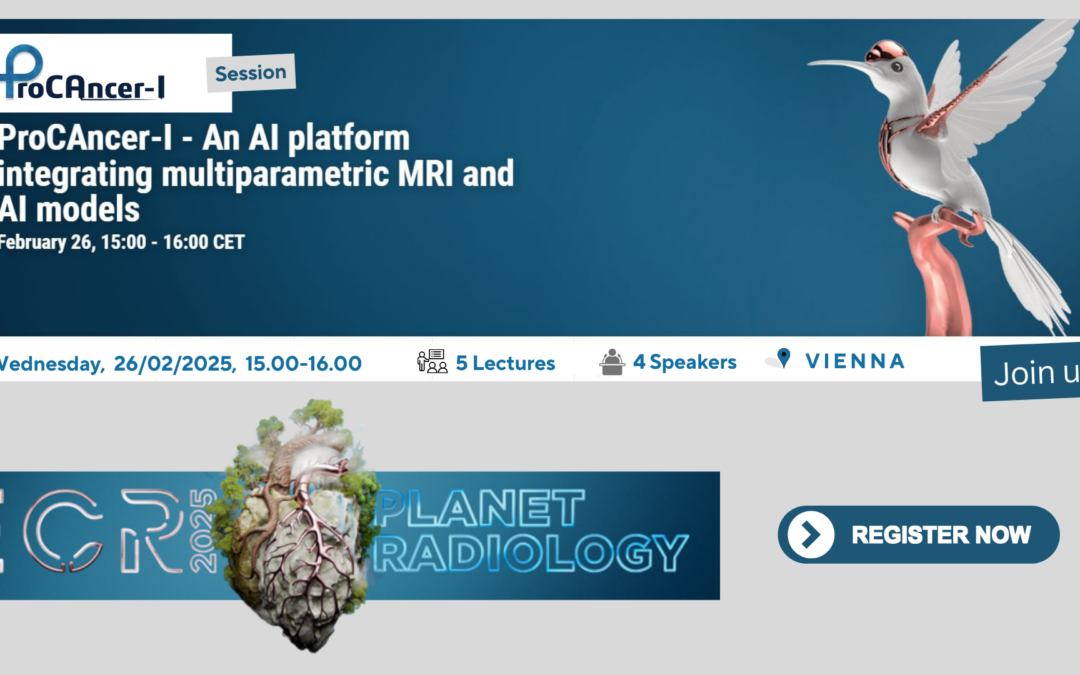Cancer imaging datasets exist for different cancer types, but they are scattered among many repositories and clinical centres in Europe, and they are not easily accessible to clinicians, researchers and innovators. The European Cancer Imaging Initiative will work towards linking up resources and databases to an open, available and user-friendly infrastructure of cancer images for all stakeholders. This will be achieved through an integrated approach designed with major European research organisations, institutions, and companies. The infrastructure will support the development and benchmarking, testing and piloting of tools for personalised medicine, essentially offering a backbone for next generation of cancer diagnostics and treatments.
How are we going to do this?
The cornerstone of the initiative will be a federated European infrastructure for cancer images data, developed by the EUCAIM project funded under the DIGITAL programme (18 MIO EU co-funding). The project starts with 21 clinical sites from 12 countries and aims to have at least 30 distributed data providers from 15 countries by the end of the project.
The project will provide a central hub that will link EU-level and national initiatives, hospital networks as well as research repositories with cancer images data. Clinicians, researchers and innovators will have cross-border access to an interoperable, privacy-preserving and secure infrastructure for federated, distributed analysis of cancer imaging data.
Both common and rare cancers will be included with anonymized images and annotations through this pan-European Cancer Images infrastructure and more than 100,000 cases are expected to be available. At least 50 Artificial Intelligence algorithms, Artificial Intelligence tools and clinical prediction models for researchers within the infrastructure are planned to be deployed by the end of the project.
EUCAIM plans to make cancer images data available to the AI Testing and Experimentation Facility for Health (TEF-Health) established under the DIGITAL programme. This will allow small and medium-sized enterprises who have developed Artificial Intelligence solutions for cancer care to test them in real-life environments. Other testing facilities will also be considered.
The European Digital Innovation Hubs under the DIGITAL Programme will support the roll-out of the technologies relevant for the European Cancer Imaging Initiative, for example by informing the innovators about the legal requirements and testing facilities available to them. They will provide a range of services to digital solutions users and providers, such as test-before-invest services, training and networking opportunities as well as access to finances.

